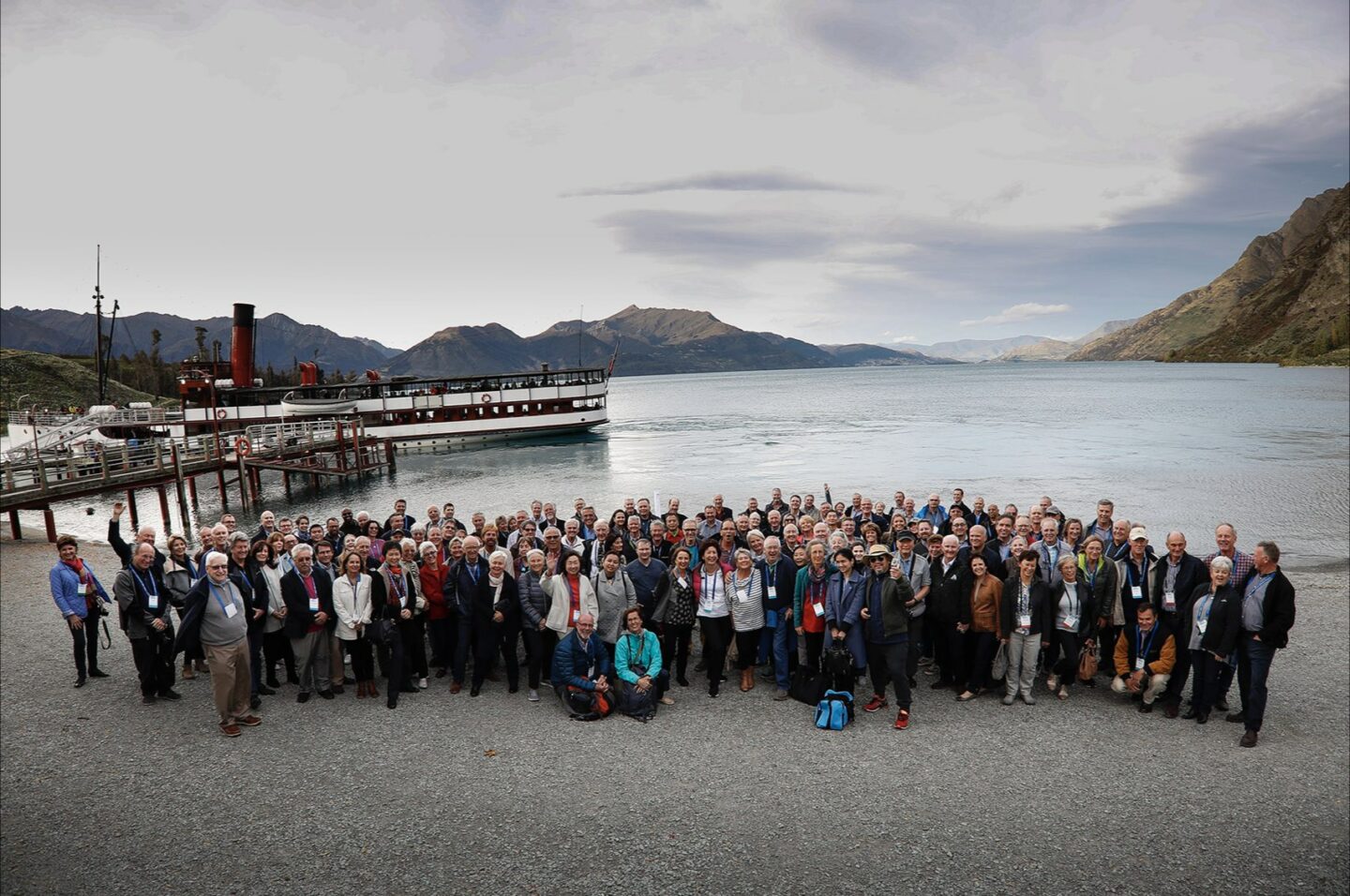By Ian Sinclair
AOPA NZ is like a lot of other organisations where people come together because they share a passion that requires some resources and time commitment to feed it.
Often the resources and time are more likely to be found later in life, resulting in our membership being weighted to the more experienced (read ‘older’) end of the life journey. Our typical member is successful in their working and private life; our members are generally motivated and decent people.
Alzheimers is an illness that does not care about your past experience, your intellect, your skill or your achievements. It does not care if you are a pilot, it does not even care if you are an ace pilot. You can’t beat it down with training or effort.
We all know a close friend or a relative who has or will have Alzheimers. In New Zealand, about one in ten people aged over 65 have Alzheimer’s; one in three over 85 years. The disease can be very hard to identify in its early stages. Bits of memory drop out, there can be confusion with numbers, mild disorientation, forgetting little things a lot, a higher level of agitation, uncharacteristic depression. There are any number of signs.
Generally, none of these is a great attribute if you’re a pilot. Perhaps things you might notice things changing in a fellow pilot. If you find a friend is struggling with these sorts of things, encourage them and their family to get a test. A GP is a great starting point.
Getting a diagnosis and sharing it with family and friends is the first step towards opening the door to understanding and allowing everyone to help to improve the situation.
If you have never had a friend who has suffered through Alzheimers, take the time to learn about this disease. There are any number of good articles on the web written by skilled and qualified people. Use your mouse.
Never accept unexpected behaviour at face value from a valued ageing friend. Ask their family if there is something happening. It can be confronting at first, but we all need to understand the disease and to support Alzheimers sufferers, their partners and their families.
People who find themselves at the more advanced stage need friends who accept them and the impact of the illness. It can be challenging, and most of us need some practice listening, saying “yes” and agreeing with things we may want to say “no” to.
My number one rule is to remind myself that it is not about me, it is about the sufferer. Their reality is important to them and they need positive reinforcement. When you have advanced Alzheimers you can’t be the person who takes the lead role in a relationship; you need your family and friends to support you.
If you find you have a friend who is dragged down this path, the biggest gift you can give them is your ear and your time. The person they are is still in there, and you will be rewarded if you take the time. Keeping an eye on your mates is a lifelong commitment.
This article first appeared in the Autumn 2021 edition of Approach Magazine, the dedicated magazine of AOPA NZ, which is published quarterly.

